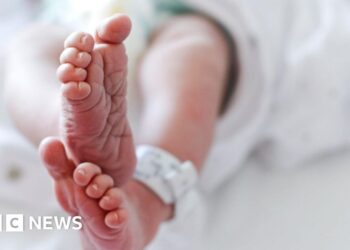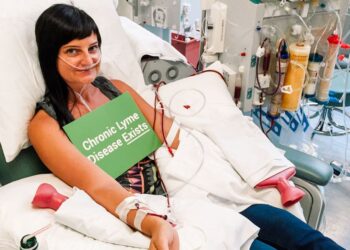TOPLINE:
Insufficient or deficient vitamin D levels were linked to a higher risk for COVID-19 hospitalisation but not infection; however, no significant associations emerged among participants with a prior cancer diagnosis.
METHODOLOGY:
- Researchers in London used data from the UK Biobank cohort to assess the association between vitamin D levels and both COVID-19 infection and hospitalisation.
- They included a total of 151,543 participants (mean age, 56 years; 53% women), with a subset of 24,400 participants diagnosed with cancer prior to 2019.
- Serum vitamin D levels were measured at baseline and deficient, insufficient and normal levels were defined as levels of < 24 nmol/L, 25-50 nmol/L, and > 50 nmol/L, respectively.
- The endpoints were first COVID-19 infection and COVID-19 hospitalisation.
TAKEAWAY:
- Overall, 14% participants had at least one positive test result for COVID-19, of whom 11% were hospitalised; in the cancer cohort, 11% tested positive for COVID-19 and 14% of them were hospitalized.
- Vitamin D insufficiency and deficiency were associated with 19% and 36% higher odds of COVID-19 hospitalisation, respectively, than normal vitamin D levels (P <.001 for both); however, no association was found between low vitamin D levels and COVID-19 infection.
- Among Black and Asian participants, low vitamin D levels were linked to an increased risk for COVID-19 infection but not to increased hospitalisation rates.
- Among the subset of patients with cancer, vitamin D levels were not significantly associated with COVID-19 outcomes.
IN PRACTICE:
“[The study] results highlight the complex role of VitD [vitamin D] in COVID-19 outcomes and the varying impact it has across different population subgroups,” the authors wrote.
SOURCE:
This study was led by Maria J. Monroy-Iglesias, Transforming Outcomes through Research, Centre for Cancer, Society, and Public Health, School of Cancer and Pharmaceutical Sciences, King’s College London, London, England. It was published online on July 18, 2025, in PLoS One.
LIMITATIONS:
Vitamin D levels were measured at baseline over a decade before the COVID-19 pandemic, which may have led to the misclassification of participants’ vitamin D status. The study could not account for seasonal variations in vitamin D levels. The study cohort was not fully representative of the UK population, and potential bias may have arisen from differential access to COVID-19 testing.
DISCLOSURES:
This study did not receive any specific funding. The authors declared having no competing interests.
This article was created using several editorial tools, including AI, as part of the process. Human editors reviewed this content before publication.
Source link : https://www.medscape.com/viewarticle/low-vitamin-d-may-raise-covid-19-hospitalisation-risk-2025a1000jmq?src=rss
Author :
Publish date : 2025-07-28 12:00:00
Copyright for syndicated content belongs to the linked Source.









